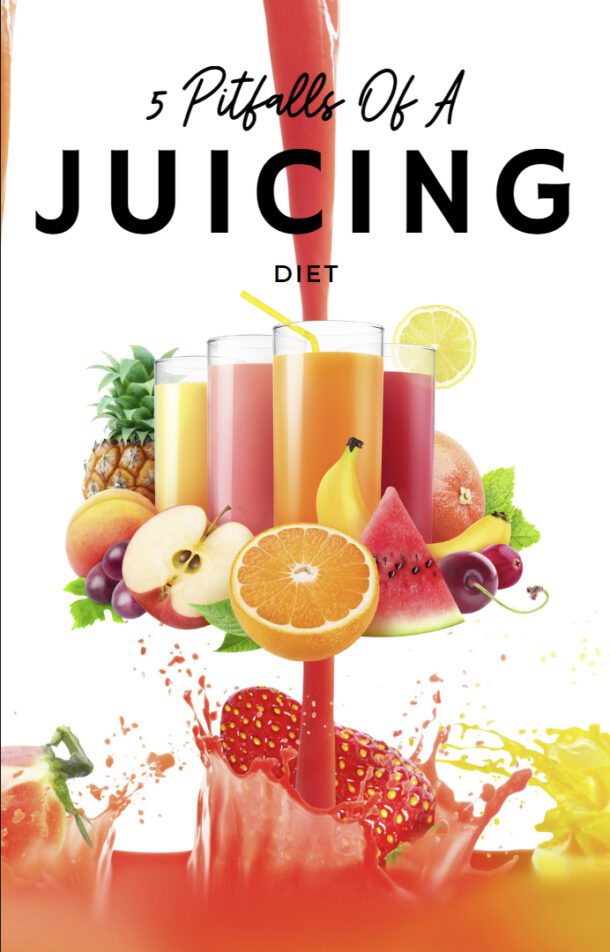Can Juicing Be a Meal Replacement? Exploring the Pros and Cons
We’ve all seen those social media influencers, radiant and glowing, claiming their green juice is the secret to their health and vitality. But can juicing really be a sustainable meal replacement? Let’s dive into the juicy details and squeeze out the truth!
The Allure of Liquid Meals
Juicing, at its core, is extracting the liquid nutrients from fruits and vegetables. It’s like getting a concentrated shot of vitamins, minerals, and antioxidants. No wonder it’s so appealing, right? It seems like a quick and easy way to flood your body with goodness.
And let’s be honest, sometimes chewing gets tiring. A cool, refreshing juice on a hot day or after a workout can be incredibly satisfying. Plus, for those with digestive issues, juicing can seem gentler on the stomach.
But Hold On, Don’t Toss Your Fork Just Yet
While juicing offers some fantastic benefits, it’s crucial to understand its limitations as a meal replacement. Here’s the pulp of the matter:
Fiber? Where’d You Go?
Juicing removes the pulp, which is where a lot of the fiber lives. Fiber is essential for healthy digestion, keeping you feeling full, and even managing cholesterol levels. Without it, you might find yourself hungry again soon after your juice, and your digestive system might not be too happy.
Sugar Rush
Fruit juices, while delicious, can be high in natural sugars. While these sugars are better than processed ones, too much can still lead to energy spikes and crashes. If you’re juicing for weight management, this could work against you.
Protein Power
Unless you’re adding protein powder or nut butters to your juices, they’re likely lacking in this vital nutrient. Protein is essential for building and repairing tissues, keeping you feeling full, and supporting a healthy metabolism.
Finding the Balance: Juicing as a Supplement
So, does this mean juicing is off the table? Not at all! Juicing can be a fantastic supplement to a balanced diet. It’s a great way to:
- Boost your intake of fruits and vegetables.
- Get a concentrated dose of vitamins and minerals.
- Experiment with different flavor combinations and discover new favorites.
Think of juicing as a bonus, not the main event. Enjoy a green juice alongside your breakfast or as an afternoon pick-me-up.
Juicing Tips for Success
If you’re ready to embark on your juicing journey, here are a few tips to ensure you’re getting the most out of it:
- Go green: Focus on vegetables like kale, spinach, and cucumber, and use fruits sparingly for sweetness.
- Fiber up: Add some pulp back into your juice or enjoy it separately in yogurt or baked goods.
- Protein power: Consider adding protein powder, nut butters, or Greek yogurt to your juice for a more balanced meal.
- Fresh is best: Use fresh, organic produce whenever possible for maximum nutrient content.
- Listen to your body: Pay attention to how you feel after juicing and adjust your ingredients and frequency accordingly.
The Final Verdict: It’s All About Balance
Juicing can be a valuable tool for health and wellness, but it’s not a magic bullet. While it shouldn’t replace your meals entirely, it can be a fantastic way to supplement your diet and boost your nutrient intake. So, go ahead, get creative with your juicer, but remember to keep things balanced for optimal health and well-being!




